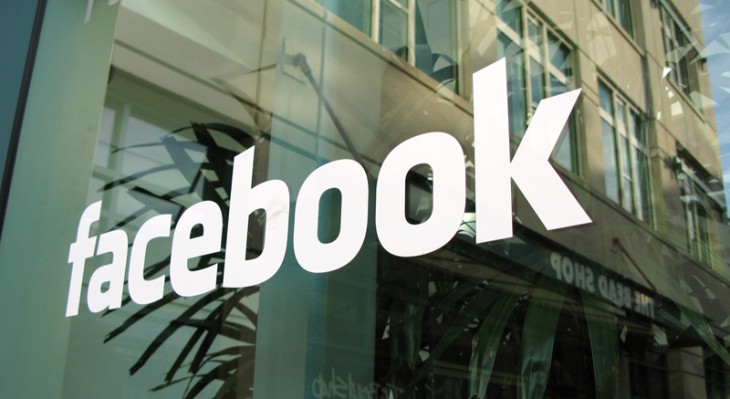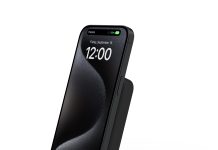
It would seem that Facebook is working on a video chat device for your home from its experimental projects team housed in ‘Building 8’ at their head office inCalifornia according to a report from Bloomberg overnight.
Bloomberg reports that Facebook, is working on building a video chat device the size of a laptop which has touchscreen capabilities. The report suggests that the device will be a new product category for the company which could be announced as early as next Spring, Autumn our time, during Facebook’s F8 developer conference next year.
According to sources close to the project the device has a large screen and a smart camera as well as associated technologies which could in theory help people from across far distances feel like they’re in the same room. This aligns with the social media giant’s Chief Executive Officer mission of bringing Facebook users closer together.
The device is still in its prototype stages, but has moved as far as testing where it’s currently being trialled in people’s homes already. Geared for the living room, the video chat device will feature a wide-angle camera lens, microphones and speakers that are all powered by artificial intelligence to boost performance the sources said.
One version of the device includes a thin, vertical stand that holds a large touchscreen measuring between 13 and 15 inches diagonally. What’s most interesting is that Facebook has also considered running a version of the Android operating system on the device instead of building its own core operating system.
One feature Facebook is testing currently is the ability to allow the camera to automatically scan for people in its range and lock onto them. For example, the camera could zoom onto a painting that a child brought home from school to show to a parent away on a business trip. Facebook has also been developing a 360 degree camera for the device. However the same sources have said that this option for a 360 degree camera in the device is unlikely to be ready in time for the initial launch.
As well as the video chat device, the experimental projects team, currently headed up by ex-Google Advanced Technology and Projects group Regina Dugan, is working on at least one other product – a standalone smart speaker that would compete with the Amazon Echo, Google Home and Apple’s upcoming HomePod.
To enhance the products, Facebook is hiring ex-Apple veterans to help it create a Siri-style voice assistant that would run on both devices, the sources told Bloomberg.
The news of the development of these devices certainly represent a new phase in Facebook’s hardware ambitions. Facebook already owns and sells the Oculus virtual reality headset but its never actually developed the headset, it was already developed prior to the acquisition. Last year, Facebooks Building 8 lab was set up to help Facebook develop its own hardware and keep consumers locked into its ecosystem — the news feed, Facebook live, video calling and more.
Facebook’s Building 8 head Regina Dugan, speaking at the most recent F8 conference in April, said the goal was to ‘create and ship new, category-defining consumer products that are social first.’
She spoke about how new technology, has made it easier to connect, however the problem now though is that it has also confined people to their phones essentially, meaning that they don’t interact with the physical world as much.
‘I’m optimistic that technology can help, that new hardware platforms can chip away at false choices.’ Dugan said, giving an example and explaining how her relationship with her mother was improved through daily phone calls on her way to a coffee shop.
It is believed that Facebook is currently still very early stages and intends to launch its standalone speaker for under $100USD (approximately around AUD $120-$130) which would undercut Google home or Alexa devices, whilst the technologically more complex video chat device would cost a few hundred dollars.
Two sources have also stated that given the speaker concept has already been popularised already, Facebook could quite possibly abandon it and prioritise the video chat device instead. It will be interesting to see what develops and we will be keeping an eye out for more news on these mystery devices.




